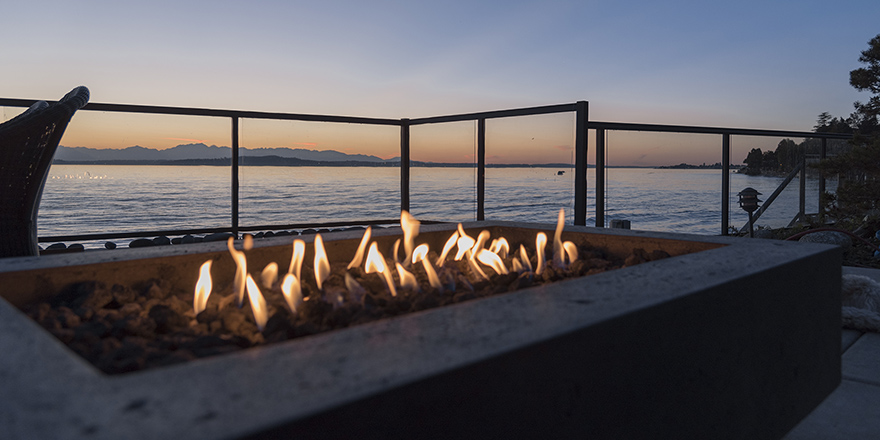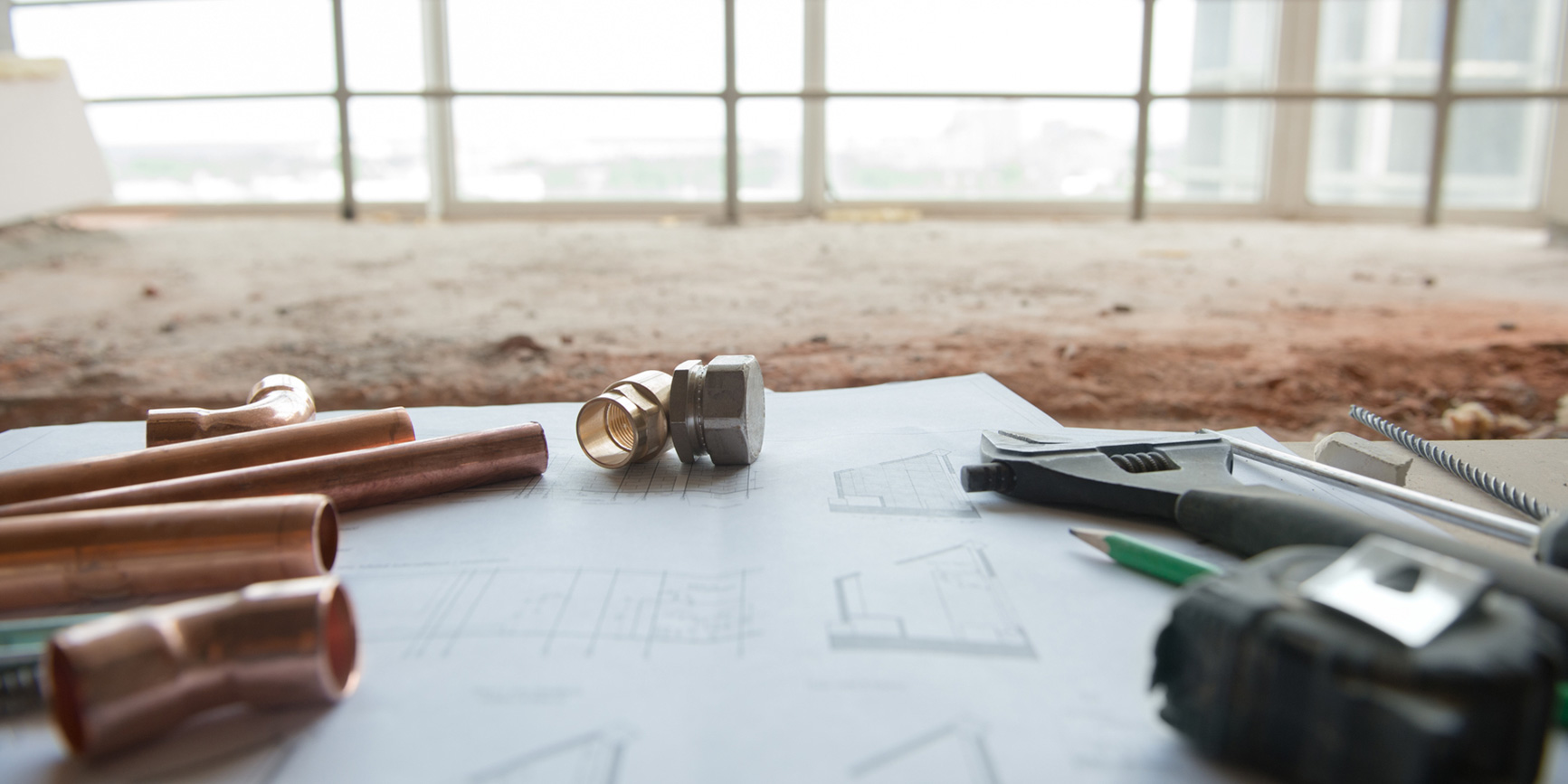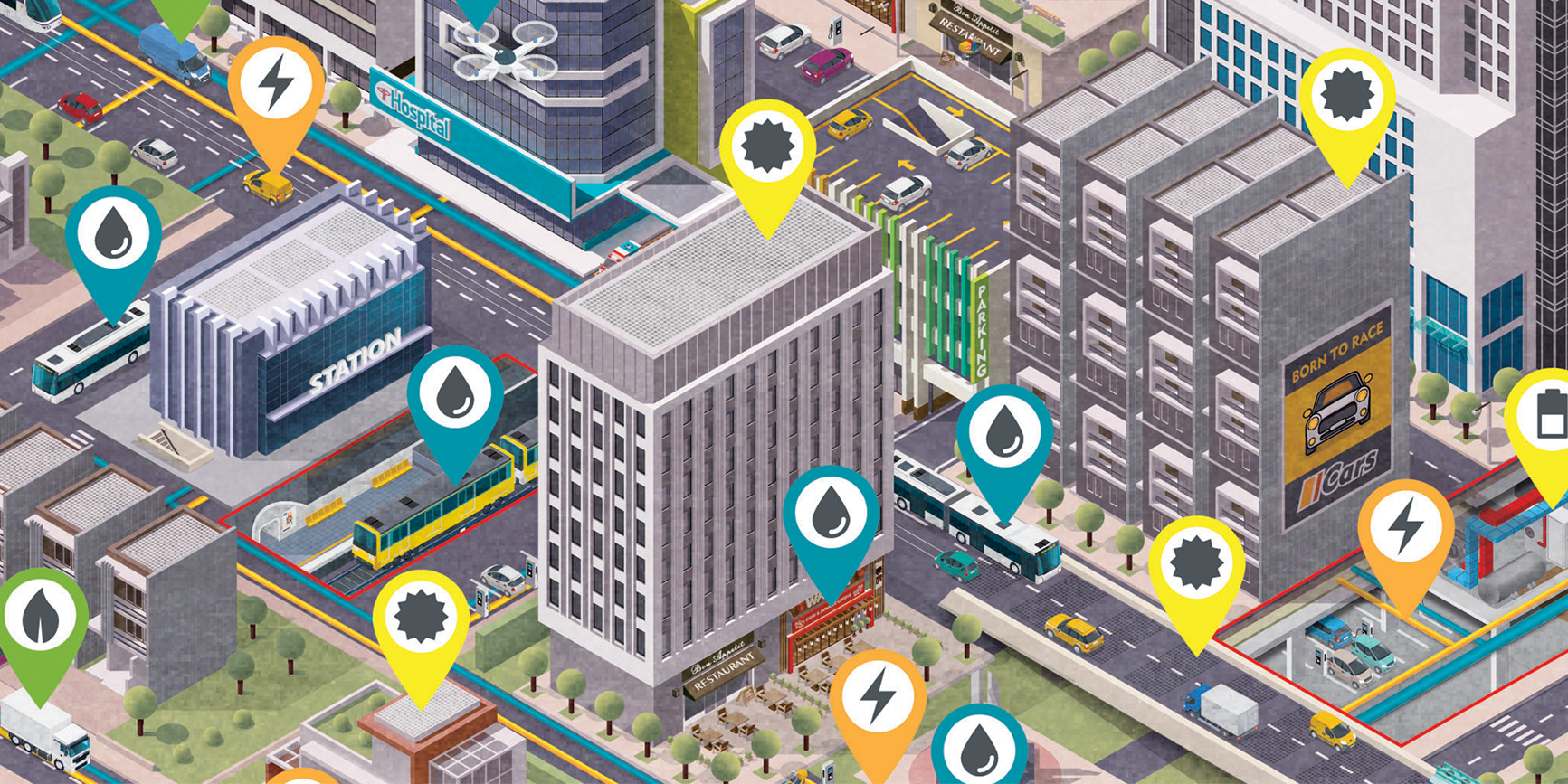Key Summary
- Heater selection: Choose from ducted systems, space heaters, gas log fires or hydronic heating based on room size and MJ per hour capacity.
- Professional installation: Licensed gas fitters required for all natural gas heating systems with proper ventilation and regular maintenance.
- Safety requirements: Install CO alarms, service every two years by licensed gasfitters, never use outdoor heaters indoors
- Rebates: Check rebate eligibility for customers in South Australia, New South Wales and Queensland; terms and conditions apply.
Natural gas heating offers fast warmth and precise temperature control for your home this winter. Natural gas heater provides comfort and may suit your heating needs depending on your home's size, insulation, and existing infrastructure. Performance depends on proper installation by licensed professionals and regular maintenance.
When choosing heating for your home, consider factors like room size, your local climate, and your property's characteristics. Natural gas heating offers immediate heat response and allows you to control temperatures precisely in different areas of your home for winter comfort. To help you work out what’s best for your place, we spoke to heating expert Brent Vrdoljak of leading gas heating retailer Rinnai. With his help, we put together this handy guide with everything you need to know about buying a natural gas heater.
Heating types
Flued heating is the safest choice when it comes to heating and there are several options on the market.
Ducted gas heating
Consists of a gas furnace (which can be installed outside or underfloor) and ducting vents to the rooms you want to heat. While more expensive to install initially, a ducted system may work out cheaper to run than two gas space heaters.
Gas log fires
Wood fires offer ambience, but often create mess and run less efficiently than modern systems. A gas log fire not only looks a treat, they’re extremely energy efficient and give off impressive heat levels.
Space heaters
Power flued space heating is one of the most economical options on the market. And thanks to new technology, there’s a growing range of compact space heaters and wall furnaces that can be a great solution to space and budget restrictions.
Hydronic heating
Hydronic heating is gaining popularity in Australia. Many households appreciate its efficiency and even heat. These types of systems circulate heated water through pipe work hidden within the floor or radiators attached to the wall. .
It’s highly efficient, provides even heat monitored by a thermostat. And because there are no fans, it’s not only quiet, but it noticeably reduces dust movement which is reducing dust movement, which benefits people with asthma or allergies.
Outdoor heating
Whether you’re throwing a party or just relaxing in your backyard, outdoor gas heaters use radiant heat to create warmth an atmosphere to outdoor spaces. They come in a number of shapes, sizes and styles to suit your space’s requirements. These types of heaters should only ever be used in outdoor areas.

Outdoor gas heaters use radiant heat to give warmth to outdoor spaces.
Brett explains that there are pros and cons for each, and your choice will depend on factors such as budget, whether you own the property and the space you’re warming.
‘If you’re in the market for a ducted heating system, my biggest tip is to look for one with a simple, easy to use control wall. People get so confused by the little icons, and probably lose the manual after a few years, that they’re not even using many of the features.
‘A gas fireplace is also a great option if you’ve got an existing space you’d like to revitalise.’
Consider the space
Are you trying to warm an open plan living room or your entire home? Larger areas require more heating power to warm efficiently, so this will affect the type of heater that is recommended to you. Brent says the place to start is with the space you’re looking to heat.
'People are embracing an open-plan living style more than ever, but heating large spaces like these can be a real challenge. Gas heating is a great solution in these types of applications because it allows you to heat the space quickly and cost-effectively.'
The room size and your local climate will determine what size heater you need for the job. For fast heating, choose the biggest capacity suitable for a room (measured in MJ per hour). A lower capacity heater will still heat the room but will take longer to do it.
Heat loss factors
Brett says there are several structural factors that can contribute to your home heating’s energy and cost efficiency. These will influence the size of the heater your installer recommends for you.
The following factors will play a part:
- Roof and wall insulation
- Floor and window coverings
- Whether your house is on a concrete slab or stumps
Before you kick off your quest for the best gas heater, we recommend saving yourself time and getting in touch with an appliance retailer. They’ll be able to answer any questions you might have, measure up your space, and make a product recommendation for you.
Rebates are currently available for customers in SA, NSW and QLD. For more info, simply call our Natural Gas Rebates Team on 1300 001 001 (Option 7). Terms and Conditions apply.
Terms, conditions, and eligibility requirements apply. Visit here for complete details and application process.
If you’d like to find out more about what’s involved in getting natural gas heating installed at your place, check out our list of appliance retailers who can assist you in making your purchase decision. Professional installation by licensed gas fitters is required for all gas heating systems. Ensure proper ventilation and regular maintenance for safe operation. Consult your installer about specific safety requirements for your chosen heating type.
Note: Gas connection availability varies by state and local regulations. Victorian customers should note that new gas connections for homes requiring planning permits have been restricted since January 1, 2024.
 FAQs
FAQs
▼ Are gas heaters being phased out?
Victoria: Gas heaters themselves are not being banned outright, but the state is moving towards electrification. From 1 January 2027, all new homes must be all-electric, meaning no new gas connections for heating, hot water, or cooking. For existing homes, gas heaters can still be repaired, but rental properties must replace gas heaters with electric options at end-of-life from March 2027. Owner-occupiers can keep and repair existing heaters, but when they fail beyond repair, replacement with electric is encouraged, not mandated (except for rentals).
Other states: No equivalent phase-out policies have been announced yet, but ACT and some councils are considering similar measures. NSW and SA currently allow new gas connections.
Reference:
Gas hot water systems to be phased out of Victorian homes under new energy reforms - ABC News
Victoria’s New Gas Ban: What It Means for Property Investors, Renters & the Future of Housing
▼ Can you connect gas to a newly built home in Victoria?
Generally no, if a planning permit is required. Since 1 January 2024, new homes, subdivisions, and apartments that need a planning permit cannot connect to the gas network.
Exceptions:
- Homes that don’t require a planning permit can still connect.
- Existing homes and renovations are unaffected.
Future trend: From 2027, all new homes must be all-electric, regardless of permit status.
Reference:
Victoria’s Gas Substitution Roadmap
Gas Ban In Victoria: If You're Affected
Questions Answered, New Connection | Australian Gas Networks
▼ Which is better: LPG or natural gas heaters?
It depends on location, cost, and convenience:
Natural gas:
• Delivered via pipelines, so it’s continuous and low-maintenance.
• Generally cheaper per unit of energy than LPG if you’re already connected.
• Lower carbon emissions than LPG.
LPG:
• Portable and ideal for rural/off-grid areas.
• Burns hotter, so it can heat faster.
• Requires cylinder refills and monitoring.
Cost: Natural gas usually wins in cities; LPG can be more expensive per MJ but typically avoids network supply charges. Some LPG suppliers may have cylinder fees.
Reference:
Natural Gas vs LPG: Which Is Best For Your Home? - Hardie & Co
LPG vs Natural Gas in Australia: What You Need to Know
What Is LPG? | Canstar
▼ Are natural gas heaters safe indoors?
Yes, if installed and maintained correctly by a professional. For indoor heating, flued gas heaters are the safer option. They use a vent or flue to direct exhaust gases outside, unlike unflued types that release gases indoors.
Safety measures:
• Use only heaters certified for indoor use.
• Ensure proper ventilation, especially for unflued heaters, which release combustion gases into the room.
• Install a CO alarm and have heaters serviced by a licensed gasfitter every two years.
• Never use outdoor heaters indoors.
Risks: Carbon monoxide (CO) poisoning, gas leaks, and fire hazards. CO is odourless and can be fatal in high concentrations.
Reference:
Are Gas Heaters Safe To Use Indoors?
Gas heating - health and safety issues | Better Health Channel
25 Gas Heater Safety Tips
All information provided in this article was correct at the time of publishing (July 2024)




